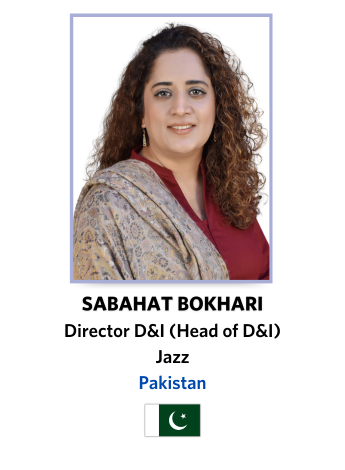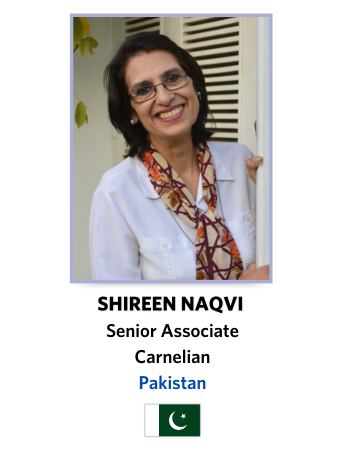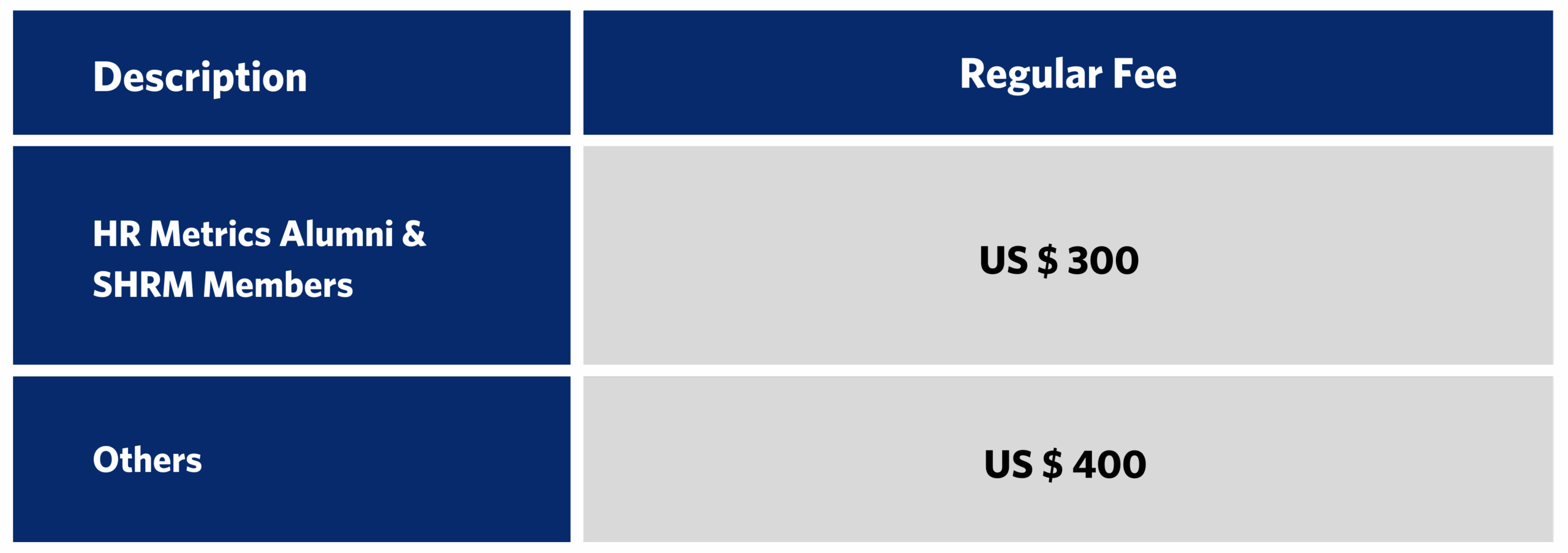DEI Certification
(7-31 July 2025)






































On 25 September, 2015, all of 193 members countries of the United Nations adopted the “2030 Agenda” a plan of Action for People, Planet, Prosperity, Peace, and Partnership” for Sustainable Development Goals (SDGs), 6 out of 17 SDGs focus on D&I through effective, accountable and inclusive institutions. Organizations today are dedicated to serving all stakeholders, including customers, employees, suppliers, regulators, shareholders and society at large. Future-focused organizations want to ensure long-term sustainability of our world and the people in our world.
According to McKinsey & Company 2020 research, companies with greater gender diversity were 25% more likely to experience above-average profitability compared to their counterparts. Similarly, companies with greater ethnic and cultural diversity were 36% more likely to experience above-average profitability compared to their counterparts.
Stakeholders are becoming more globally diverse and networked, as organizations are increasingly mobile in their teams, supply chains, shared services, operational processes and outsourcing.
GLOBAL DIVERSITY, EQUITY AND INCLUSION BENCHMARKS STANDARDS
The Global Diversity, Equity & Inclusion Benchmarks (GDEIB) are designed to help organizations implement DEI best practices. Structured around 15 categories, the GDEIB model enables leaders and DEI professionals to develop and execute integrated, effective strategies. These benchmarks serve as a global standard, guiding organizations worldwide in shaping their DEI efforts.
To explore how organizations around the world are using these standards, all users are encouraged to visit and download the standards from: https://globaldeibenchmarks.org/alliances/
PROGRAM OVERVIEW
HR Metrics has facilitated 65 multinational and national companies in using GDEIB to leverage their social and financial performance with a focus on sustainability. It has also developed 100+ global experts on DEI from Europe, America, Africa, Australia, and Asia regions.
During year 2023, HR Metrics has planned an international Cohort of 100+ professionals to develop them in using Global DEI Benchmarks. It is meant for anyone practicing, researching, or teaching D&I. We have engaged 15 global and 20 national speakers for sharing their knowledge and expertise on Diversity, Equity & Inclusion with attendees. Distinguished speakers from USA, UK, Canada, South Africa, Switzerland, and Pakistan will bring diverse experience and exchange of global best practices.
Key benefits of a GDEIB (Global Diversity, Equity & Inclusion Benchmarks) training program
1.

Clear, evidence-based roadmap. Trainees learn a structured framework of 275 benchmarks across 15 DEI categories, giving them a precise way to see where the organization sits today and what “best practice” looks like tomorrow.
2.

Data-driven gap analysis. Participants gain the skills to run a rigorous self-assessment and quantify gaps, so DEI goals are no longer guesswork but a measurable, trackable plan.
3.

Alignment with global standards & compliance. Because the GDEIB is used worldwide and updated by a panel of 100+ experts, training helps organizations stay ahead of emerging laws, ESG reporting expectations, and ISO-linked people metrics.
4.

Integrated, business-focused outcomes. By tying DEI efforts to innovation, talent attraction, risk mitigation and other core KPIs, the training shows executives why inclusion is a growth driver—not a side project.
5.

Stronger culture & psychological safety. Benchmarks spotlight policies on work-life flexibility, equitable benefits and respect for human rights, giving HR concrete levers to boost engagement and retention.
6.

Shared language & accountability. Graduates walk away with common terminology, assessment checklists and maturity levels, making it easier to rally leaders, ERGs and external partners around clear, credible metrics.
Program Contents
Developing a strong rationale for DEI’s vision, mission, and strategy and aligning it to organizational goals.
Holding leaders accountable for implementing the organization’s DEI vision, setting goals, achieving results, and being role models.
Providing visible, dedicated support and structure with authority and budget to effectively implement DEI.
Ensuring that attraction, sourcing, and recruitment is done through the lens of DEI.
Ensuring that DEI is integrated into talent development, performance management, advancement, and retention strategies.
Ensuring that job design and classification are evaluated for bias and that compensation is equitable across key dimensions of diversity.
Achieving work-life integration, flexibility, and equitable benefits. Flexible work options are widely available and accessible.
Ensuring that assessments, measurement, and research include a DEI lens.
Making communication clear, simple to understand, and a crucial force in achieving the organization’s DEI goals.
Educating all to achieve a level of DEI competence and confidence needed to create a diverse, equitable, and inclusive organization.
Connecting the organization’s DEI and Sustainability initiatives to increase the effectiveness of both.
Being proactive in working with community, public and private partnerships, government, and society at large, and through philanthropy.
Embedding DEI in services and products development to serve diverse customers and clients.
Integrating DEI into marketing and customer service.
Practicing responsible and ethical sourcing. Develop and nurture underrepresented suppliers.
Online Examination-30 MCQs: 1 hour
Program Fee

